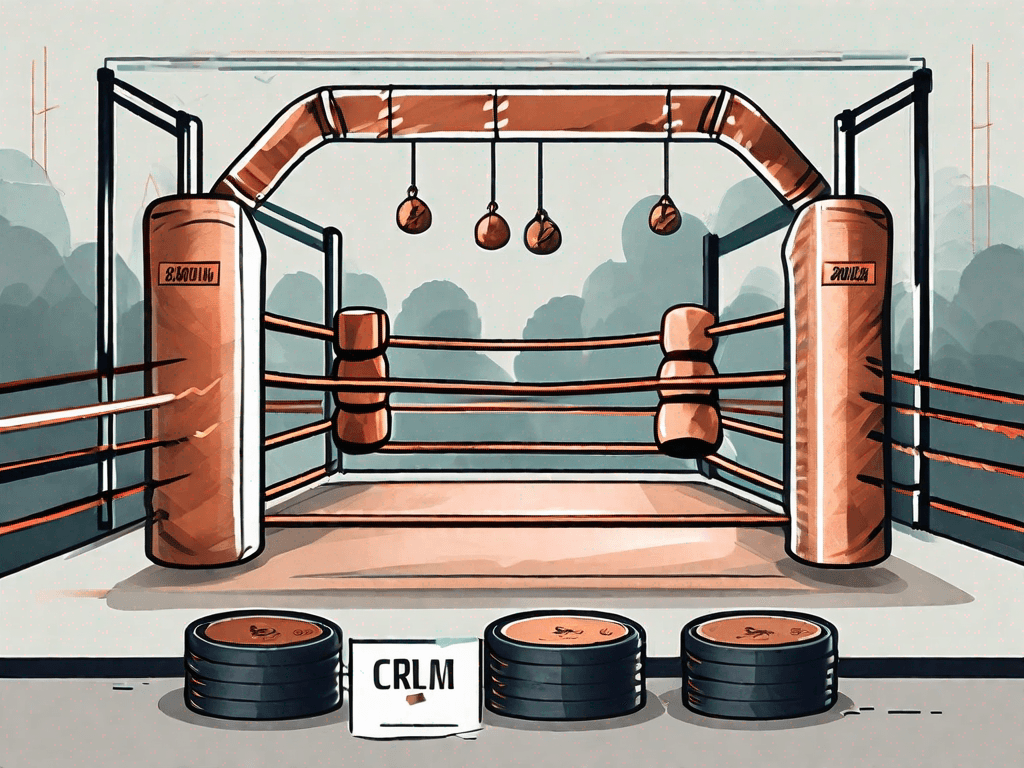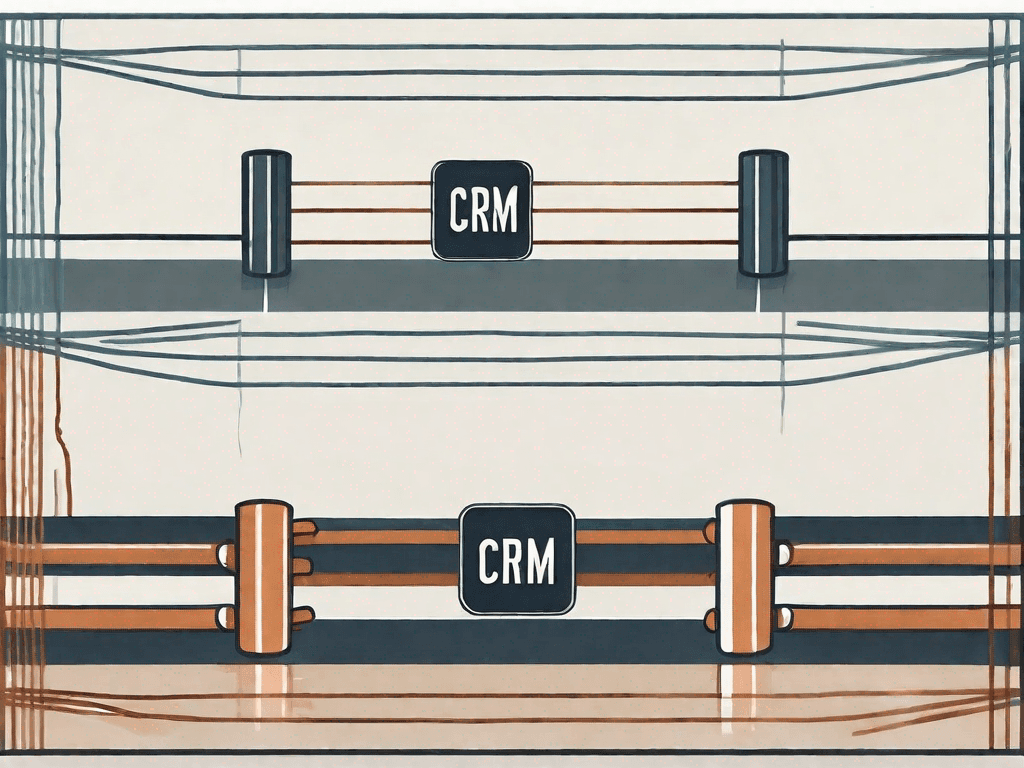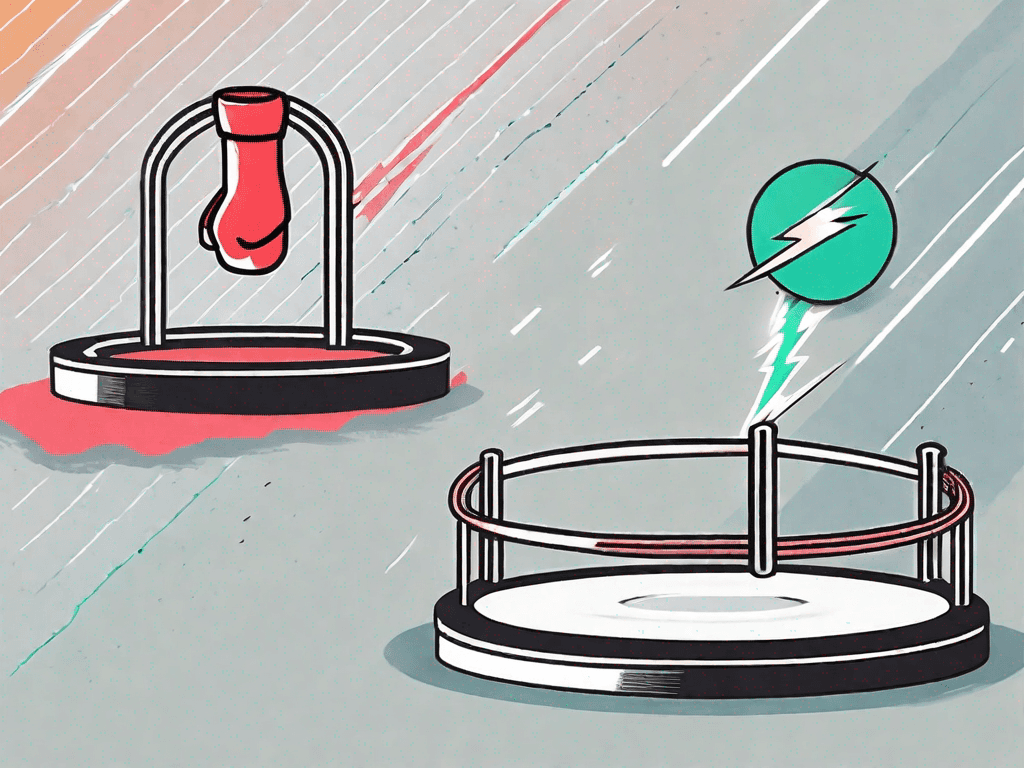
Reply.io vs Salesloft: Which One Is The Best For B2B Sales?
In the fast-paced world of B2B sales, having the right tools can make all the difference in closing deals and driving revenue. Two popular options in the market, Reply.io and Salesloft, offer comprehensive sales engagement platforms designed to streamline and optimize sales processes. But which one is the best fit for your business? In this article, we will compare the pros and cons of Reply.io and Salesloft, analyze their pricing models, explore their integrations, and ultimately help you determine which platform is the best for your B2B sales needs
Pros and Cons of Reply.io and Salesloft
1.1 Pros of Reply.io
Reply.io offers a range of features that can empower sales teams to work more efficiently. One key advantage is its email automation capabilities. With Reply.io, you can easily create personalized and targeted email sequences, saving you valuable time and effort. This automation feature allows you to reach out to a large number of prospects simultaneously, increasing your chances of generating leads and closing deals.
In addition to email automation, Reply.io provides in-depth analytics and reporting, allowing you to track the performance of your sales campaigns and make data-driven decisions. The platform offers detailed insights into email open rates, click-through rates, and response rates, enabling you to identify the most effective strategies and optimize your outreach efforts.
Furthermore, Reply.io offers advanced personalization options, allowing you to tailor your messages based on recipient characteristics such as job title, industry, or location. This level of customization helps you establish a stronger connection with your prospects, increasing the likelihood of engagement and conversion.
1.2 Cons of Reply.io
While Reply.io offers a robust set of features, it may not be suitable for businesses with complex sales processes. Some users have reported that the platform lacks certain advanced functionalities, such as native CRM integrations or advanced sales reporting. This limitation can be a drawback for companies that heavily rely on CRM systems or require more advanced reporting capabilities to track their sales performance accurately.
Additionally, the user interface of Reply.io can be overwhelming for newcomers. The platform's extensive features and options may require a learning curve, potentially slowing down adoption and productivity. However, once users become familiar with the interface and functionalities, Reply.io can significantly enhance their sales workflow.
It's important to note that while Reply.io offers email automation, it may not be the ideal solution for other sales engagement channels such as phone calls or social media outreach. If your sales strategy relies heavily on these channels, you may need to consider additional tools or platforms to complement Reply.io.
1.3 Pros of Salesloft
Salesloft, on the other hand, is known for its comprehensive set of features that cover the entire sales cycle. It excels in providing a unified platform for sales engagement, offering email tracking, call dialers, and task management in one place. This integration of various sales engagement tools streamlines the sales process, allowing sales teams to work more efficiently and effectively.
One of the key advantages of Salesloft is its seamless integration with popular CRMs, such as Salesforce. This integration ensures a seamless workflow for sales teams, eliminating the need for manual data entry and enabling real-time synchronization of customer information. By having all customer data in one place, sales teams can have a holistic view of their prospects and customers, enabling them to personalize their outreach and deliver a more tailored sales experience.
Furthermore, Salesloft provides advanced reporting and analytics capabilities, allowing you to track the performance of your sales activities across different channels. The platform offers insights into email engagement, call duration, and task completion rates, giving you a comprehensive understanding of your team's performance and areas for improvement.
1.4 Cons of Salesloft
One potential drawback of Salesloft is its pricing. Compared to Reply.io, Salesloft's pricing plans can be quite steep, which may not be suitable for small businesses or startups with limited budgets. The higher pricing tiers of Salesloft often come with additional features and capabilities, but they may not be necessary for all businesses. It's important to carefully evaluate your budget and needs before committing to a specific pricing plan.
Additionally, some users have reported occasional glitches and technical issues with Salesloft, causing hiccups in their sales processes. While the platform generally performs well, these occasional issues can disrupt workflow and lead to frustration. It's crucial to consider the reliability and stability of the platform when making your decision.
Lastly, Salesloft's comprehensive set of features may be overwhelming for businesses that only require specific functionalities. If your sales process is relatively simple or if you already have other tools in place for certain sales activities, you may find that Salesloft offers more features than you actually need, potentially leading to unnecessary complexity.
1.5 Key Differences between Reply.io and Salesloft
When comparing Reply.io and Salesloft, it's essential to consider their key differences. Reply.io is primarily focused on email automation and analytics, providing a powerful solution for streamlining email outreach and tracking performance. On the other hand, Salesloft offers a more comprehensive sales engagement platform, integrating various sales activities such as email, calls, and task management into one unified solution.
While both platforms have their specific strengths, finding the right fit depends on your business's unique needs and priorities. If your sales process heavily relies on email outreach and you require advanced analytics and reporting, Reply.io may be the better choice. However, if you need a more holistic sales engagement platform that covers multiple channels and integrates with your existing CRM, Salesloft may be the preferred option.
Ultimately, the decision between Reply.io and Salesloft should be based on a thorough evaluation of your sales processes, budget, and desired features. It's recommended to trial both platforms and gather feedback from your sales team to determine which solution aligns best with your specific requirements.
How does Reply.io pricing compare to Salesloft?
2.1 Reply.io Pricing
Reply.io offers flexible pricing plans tailored to different business requirements. They offer a variety of plans, including a Starter plan for small teams and a Pro plan for scaling businesses. The pricing structure is based on the number of users and the volume of emails sent, providing scalability for growing sales teams.
2.2 Salesloft Pricing
Salesloft's pricing model follows a per-user basis, with different tiers available depending on the features and functionalities needed. The pricing plans range from a basic Core plan to an advanced Enterprise plan, catering to organizations of all sizes. It's important to carefully evaluate your team's needs to choose the most cost-effective plan.
2.3 Pricing comparison
When comparing the pricing of Reply.io and Salesloft, it's crucial to consider your budget constraints and the specific features required. While Salesloft may offer a more comprehensive set of features, Reply.io provides a more flexible pricing structure that can be more cost-effective for smaller teams or businesses with lighter email volumes.
How do Reply.io integrations compare to Salesloft?
3.1 Reply.io integrations
Reply.io offers integrations with popular CRMs such as Salesforce and HubSpot, providing seamless data syncing and enhanced workflow automation. Additionally, Reply.io integrates with other sales and marketing tools, ensuring a cohesive tech stack for your sales team.
3.2 Salesloft Integrations
Salesloft boasts a wide range of integrations with CRM systems, marketing automation tools, and other sales enablement platforms. This extensive integration ecosystem ensures that Salesloft can seamlessly fit into your existing tech stack and streamline your sales processes.
Which one is the Best for You?
4.1 The Best for Salespeople
If you're primarily focused on email automation and personalized outreach, Reply.io may be the best choice for you. Its flexible pricing options and powerful email sequencing capabilities can empower salespeople to efficiently manage their outreach and effectively engage with prospects.
4.2 The Best for Consultants
For consultants who require a comprehensive sales engagement platform, Salesloft may be the preferred option. Its integrated features, including call dialers and task management, provide consultants with the tools needed to drive results and manage client relationships effectively.
4.3 The Best for Digital Marketing Agencies
For digital marketing agencies that require seamless data syncing and workflow automation, Reply.io's integrations with popular CRMs make it an excellent choice. The platform's analytics and reporting capabilities also enable agencies to measure the success of their sales campaigns and optimize their marketing efforts.
Ultimately, choosing between Reply.io and Salesloft boils down to your specific business requirements, budget constraints, and desired feature set. Both platforms offer unique strengths and cater to different sales scenarios. By weighing the pros and cons, analyzing pricing structures, and evaluating integration possibilities, you can make an informed decision and select the best sales engagement platform for your B2B sales needs.











































































































































































































